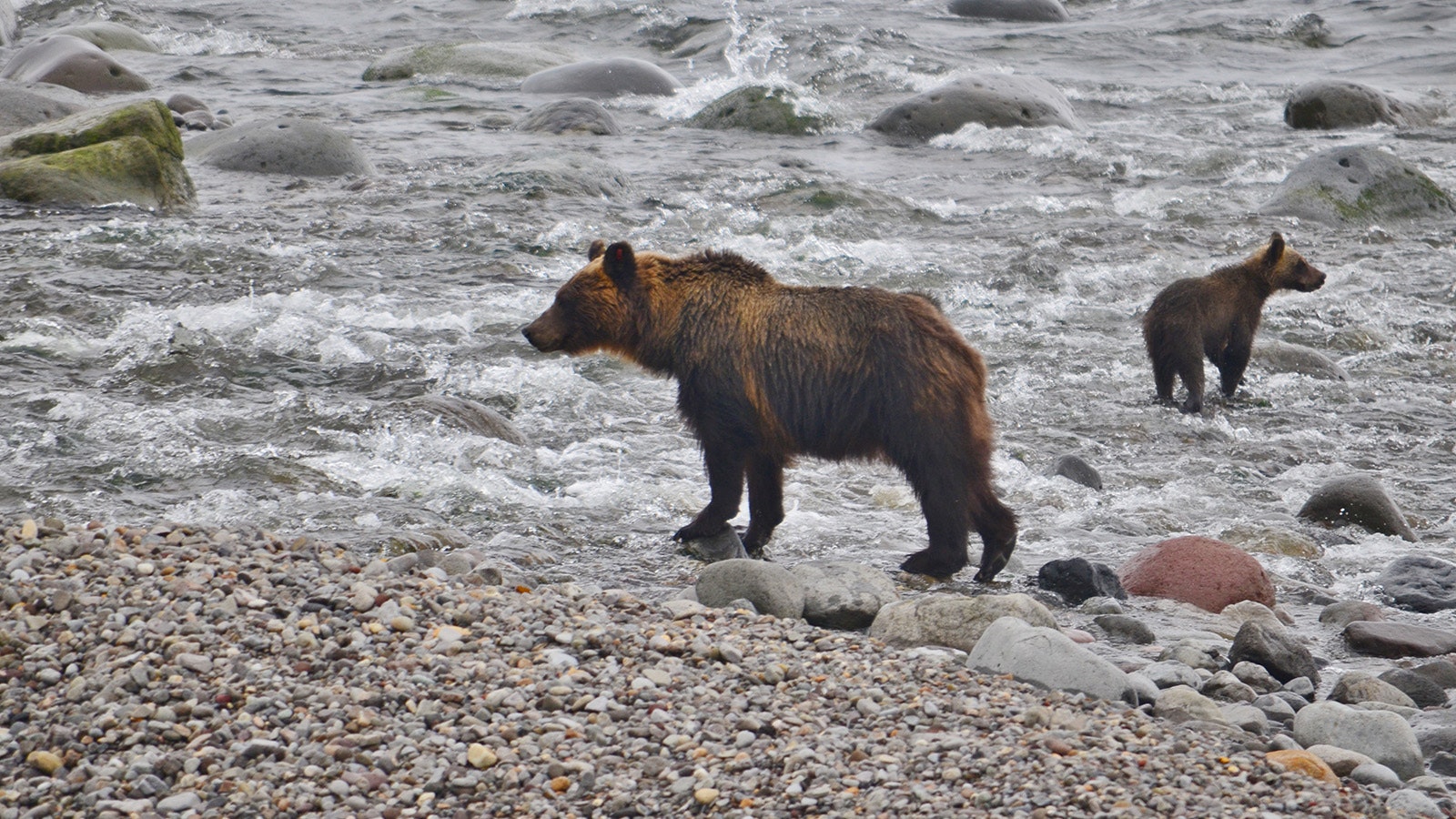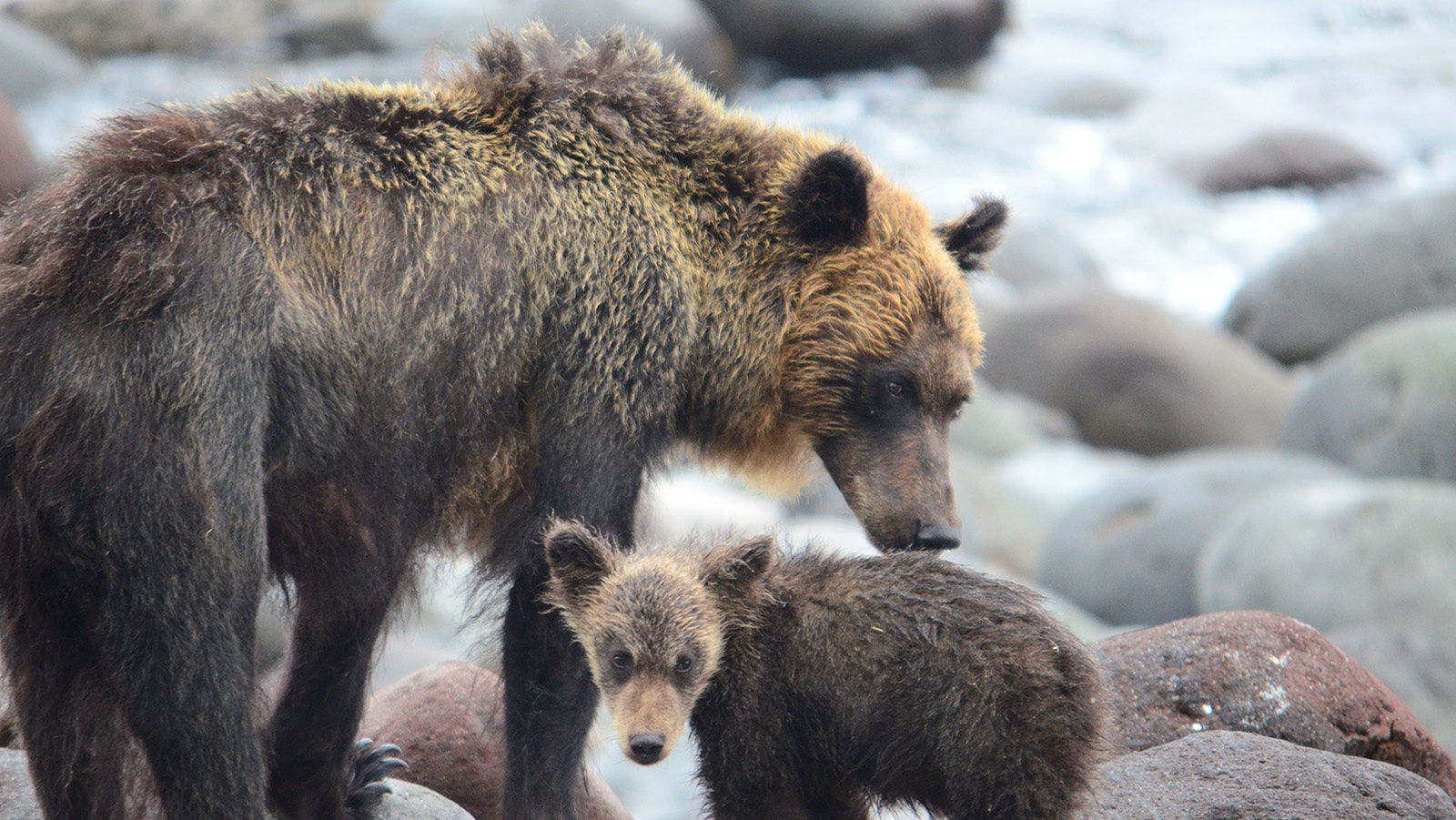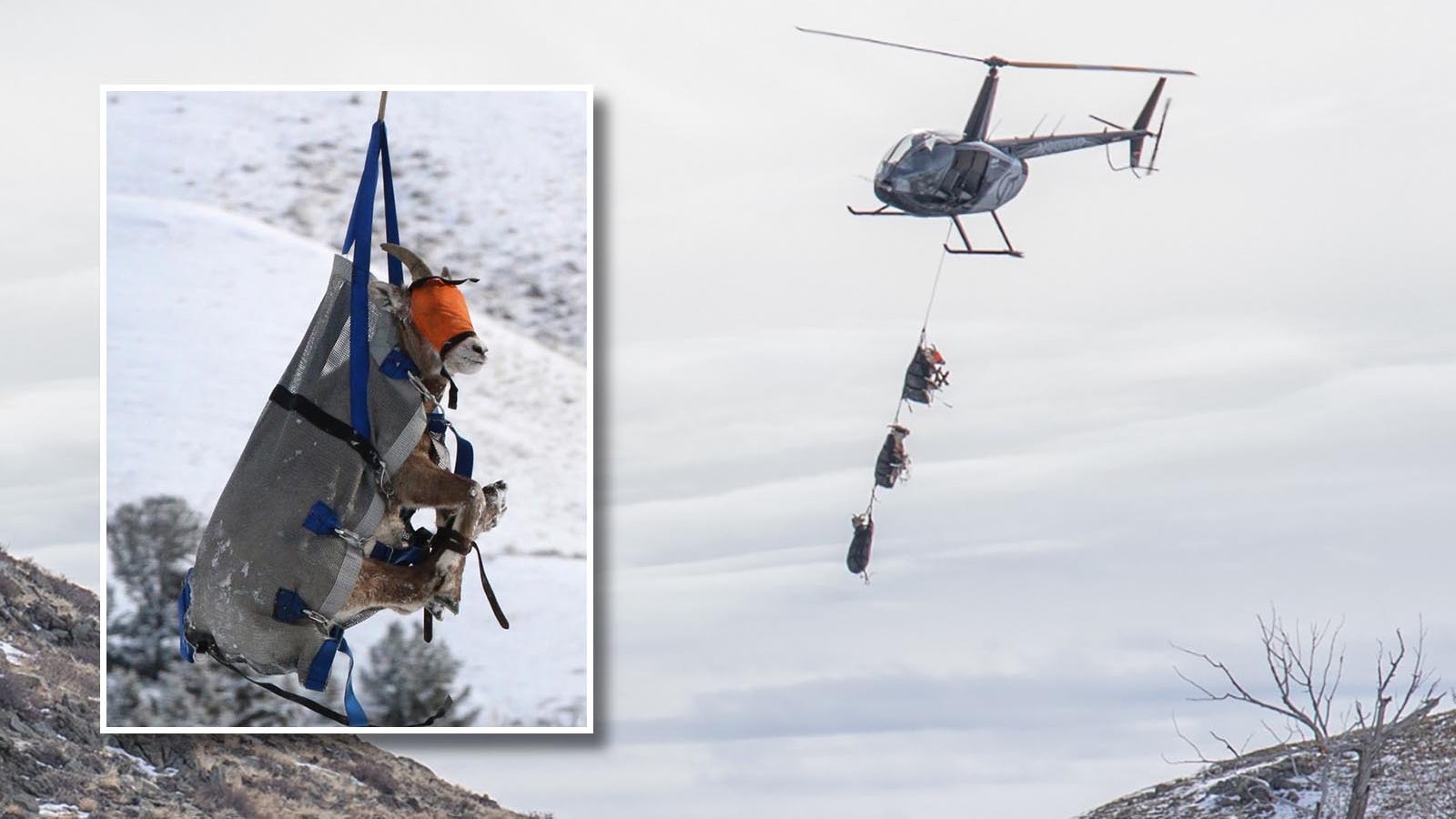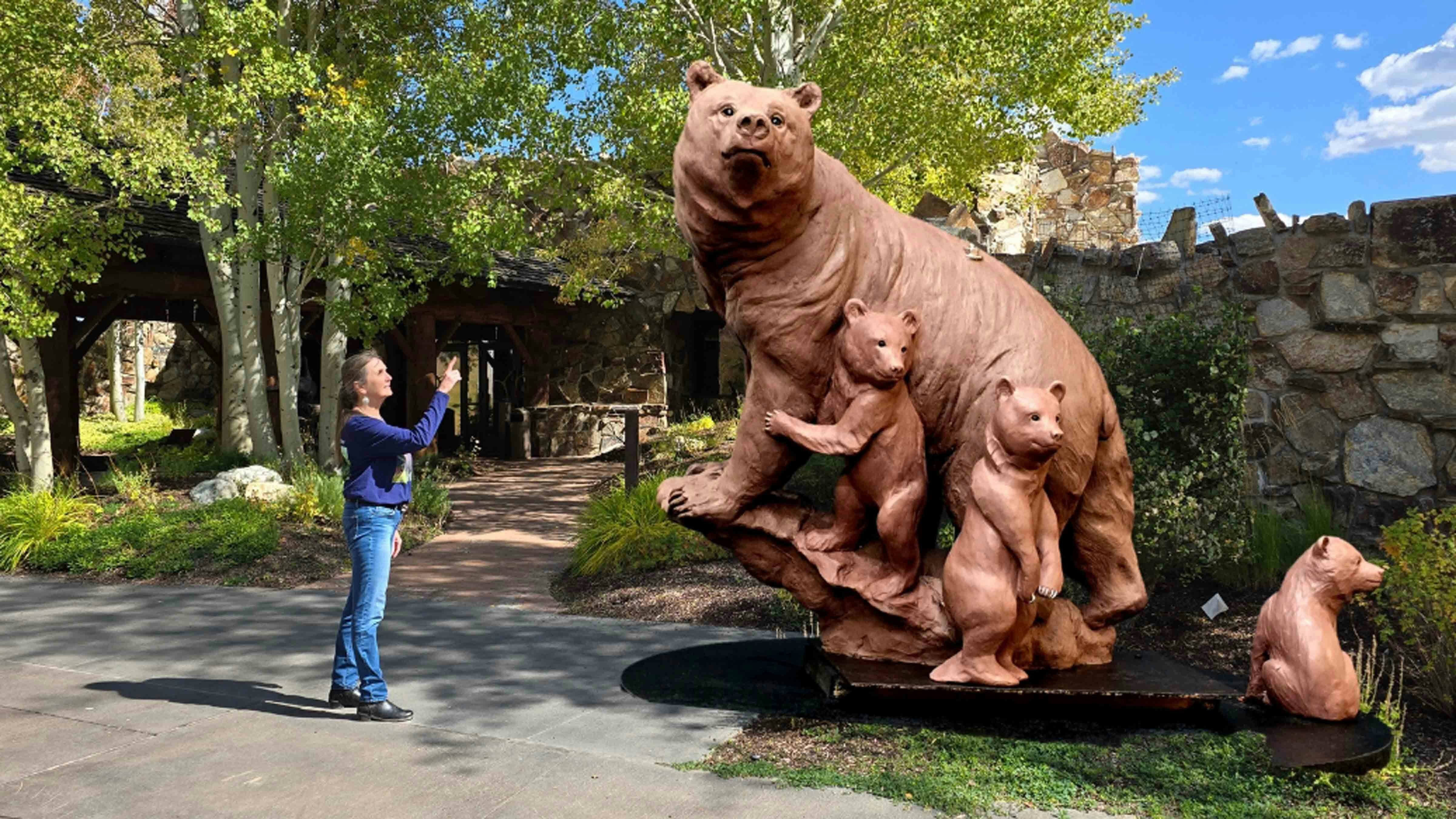Japan for years has had a problem with bear attacks, but lately it’s gotten so bad the military was deployed to help protect people from getting mauled and killed.
Since April, roughly 100 people have been injured and at least 12 have been killed by bears in Japan, the Associated Press reported.
Japanese troops aren’t marching into the country’s densely forested mountains to shoot bears.
Certified civilian hunters will be authorized to kill some bears, but Japan will stick mostly to non-lethal control.
Troops will assist with a variety of tasks, including setting live traps for bears and transporting hunters.

‘Astounding Numbers’
Japan has an estimated population of about 54,000 bears. Those include Asiatic black bears, which are similar to North American black bears. Northern Japan also has brown bears, which are similar to grizzlies.
Bear attacks have been a problem there for many years.
That could be because of a variety of factors, bear expert Frank van Manen told Cowboy State Daily.
There are dense human populations in the valleys, and towns and cities butt right up against the forests where bears live, said van Manen.
Van Manen visited Japan several times for bear-related meetings and also has collaborated on academic papers about Japan’s bears.
He is affiliated with the International Association for Bear Research and Management and spent many years researching grizzlies in the Greater Yellowstone Ecosystem.
In Japan’s rural areas, aging residents have been moving away to go live in the cities, leaving many smaller communities increasingly vacant, he said.
Bears and other wildlife have moved in to reclaim those areas, which could increase the conflict with the people still living there.
From the outside, sending in troops against bears might seem “like an overreaction,” van Manen said.
But from the Japanese perspective, it might make sense, van Manen added.
Japan doesn’t have dedicated wildlife management agencies, such as the U.S. Fish and Wildlife Service and the Wyoming Game and Fish Department.
Human-bear conflicts are frequently handled by local police agencies, or non-governmental organizations, he said.
Bringing in troops to help with “boots on the ground” operations, like setting bear traps, might have been necessary if local authorities were getting overwhelmed, van Manen said.
He doesn’t blame Japanese authorities for the strong response.
“Those are astounding (bear attack) numbers. I think in many areas of our country, those sorts of numbers would be unacceptable,” he said.
Bear Spray Bonanza
Retired federal ecologist Chuck Neal of Cody told Cowboy State Daily that dense human populations in places like Japan can make for more trouble with bears and other large wildlife.
Bear spray might help mitigate Japan’s problems, he said.
“Bear spray will work on an Asiatic black bear just as well as it will on a Wyoming grizzly,” he said.
Van Manen said he didn’t recall seeing many people packing bear spray during his visits to Japan.
That could be changing. The demand for bear spray in Japan is surging, but supplies have been running short, The Asahi Shimbun reported.
And demand likely won’t let up anytime soon, as bear attacks continue to disrupt life in parts of Japan.
Farmers have reported that emboldened bears have been gorging themselves on apples and other valuable crops.
And one of the nation’s top-ranked high school running teams withdrew from a regional championship meet out of fear of bear attacks, according to Japan Running News.
Are Japan’s Bears Really Meaner?
There’s a longstanding notion that Asiatic black bears are more aggressive than North American black bears, and there could be some truth to that, van Manen said.
Some biologists think that Asiatic black bears might have more of an attitude because they evolved amid deadly competitors like tigers on the Asian mainland, he said.
Even so, the bears in Japan probably aren’t deliberately stalking people down, he added.
Most of the attacks likely result from surprise close-range encounters, van Manen said.
Going into the forest to hunt mushrooms is hugely popular in Japan, he said.
So in many cases, bears and mushroom hunters might not see each other in the thick cover, until they’re practically on top of each other.
“It’s really not that much different than surprising a grizzly that’s on a big game carcass in the Greater Yellowstone,” he said.
People being in close proximity to bears causes trouble all over the world, bear safety expert Kim Titchener told Cowboy State Daily.
She’s the founder of the Bear Safety and More organization, which works to mitigate human-bear conflicts in the U.S. and Canada.
She also helped advise bear conflict mitigation efforts in Turkey, where shepherds were getting mauled by brown bears.
In Asia and India, people are frequently attacked by sloth bears. Again, it’s because dense numbers of people are in close proximity to bears, she said.
“Many people live in poverty there, so they’ll get up to go pee outside in the middle of the night, and run right into a sloth bear,” she said.
Mark Heinz can be reached at mark@cowboystatedaily.com.





